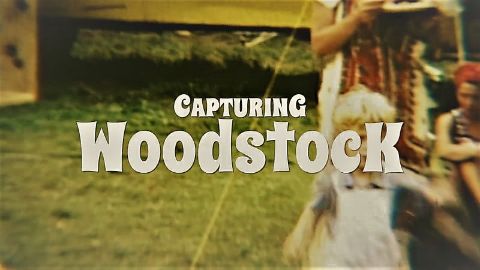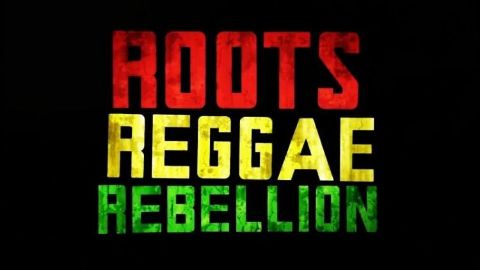Max Richter's Sleep • 2020
'My personal lullaby for a frenetic world. A manifesto for a slower pace of existence' - Max Richter. Max Richter's Sleep is a meditative respite from the rush and chaos of modern life that studies a universal experience. This documentary film follows acclaimed composer and musician Max Richter and his creative partner, artist and Bafta-winning film-maker Yulia Mahr, as they navigate an ambitious performance of his celebrated eight-hour opus Sleep at an open-air concert in Los Angeles. Emmy-nominated director Natalie Johns weaves in Mahr's personal archive and performance footage from Berlin, Sydney and Paris to create a rich portrait of a shared artistic process, along with contributions that illuminate both the science and the story behind the work.
Make a donation
Buy a brother a hot coffee? Or a cold beer?
Hope you're finding these documentaries fascinating and eye-opening. It's just me, working hard behind the scenes to bring you this enriching content.
Running and maintaining a website like this takes time and resources. That's why I'm reaching out to you. If you appreciate what I do and would like to support my efforts, would you consider "buying me a coffee"?
Donation addresses
BTC: bc1q8ldskxh4x9qnddhcrgcun8rtvddeldm2a07r2v
ETH: 0x5CCAAA1afc5c5D814129d99277dDb5A979672116
With your donation through , you can show your appreciation and help me keep this project going. Every contribution, no matter how small, makes a significant impact. It goes directly towards covering server costs.





